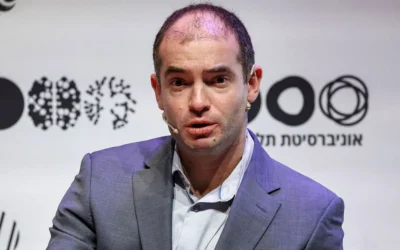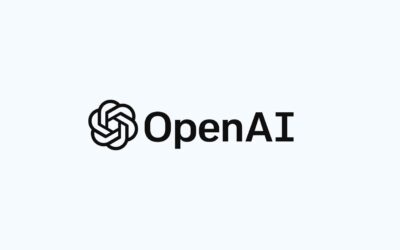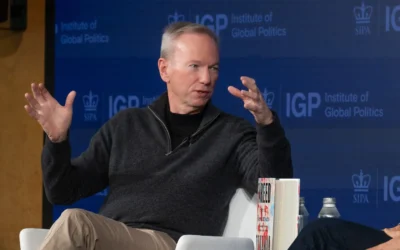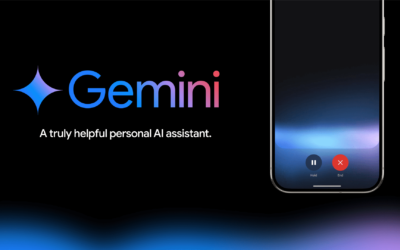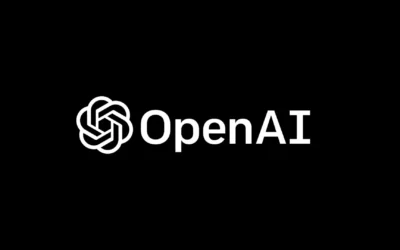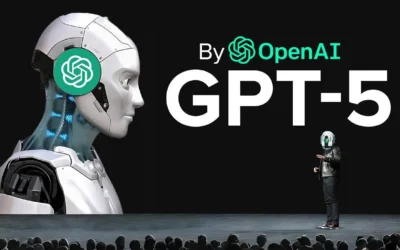OpenAI’s Ambitious Pursuit: A $150 Billion Valuation & The Future of Artificial Intelligence

In a world increasingly dominated by artificial intelligence (AI), one company has been leading the charge—OpenAI. Recently, Bloomberg News reported that OpenAI is in talks to raise funds that would bring its valuation to a staggering $150 billion. This landmark figure places OpenAI among the most valuable tech companies globally, signaling the immense potential of AI as it reshapes industries, economies, and our daily lives.
The Rise of OpenAI: A Brief Overview
Founded in December 2015 by tech visionaries Elon Musk, Sam Altman, and others, OpenAI was initially launched as a nonprofit with the mission to ensure that artificial general intelligence (AGI) benefits all of humanity. Over time, the organization transitioned to a capped-profit model, enabling it to secure the resources necessary for aggressive research and development while staying aligned with its ethical objectives.
OpenAI’s most popular creation, GPT-4, revolutionized natural language processing, paving the way for advancements in conversational AI, automation, and more. From ChatGPT to advanced applications in healthcare, education, and enterprise, OpenAI’s contributions have been monumental. This new round of funding talks highlights just how valuable its innovations are, not only in technical advancements but also in global economic influence.
The $150 Billion Valuation: What Does It Mean?
If successful, the fundraise could push OpenAI’s valuation to $150 billion, making it one of the most valuable private companies in the world. Such a valuation is not just a number—it reflects the market’s confidence in the future of AI and OpenAI’s central role in shaping it.
Several factors contribute to this projected valuation:
- AI’s Expanding Role in Business: From automating customer service to enhancing decision-making processes through AI-driven data analytics, businesses across industries are rapidly adopting AI solutions. OpenAI’s GPT models are used extensively in sectors like finance, marketing, healthcare, and logistics.
- Partnerships & Commercialization: OpenAI has secured key partnerships with tech giants like Microsoft, which invested $10 billion earlier this year. This collaboration has led to integrations such as the Azure OpenAI Service, enabling more companies to access and leverage AI for business transformation.
- Continued Innovation: OpenAI’s relentless pace of research ensures it stays at the cutting edge of AI. With its sights set on AGI (Artificial General Intelligence), OpenAI is focusing on creating systems capable of outperforming humans in almost any cognitive task, which could fundamentally shift global labor markets and economies.
How OpenAI’s Valuation Compares to Other Tech Giants
OpenAI’s potential $150 billion valuation places it in an exclusive league with tech titans. For comparison:
- Meta (Facebook): Currently valued at around $780 billion.
- Tesla: Approximately $750 billion.
- Microsoft: A valuation exceeding $2 trillion, and a key partner in OpenAI’s growth.
While these companies have built vast ecosystems of hardware, software, and services, OpenAI’s focus remains on AI. The fact that a relatively young AI company is approaching such a lofty valuation shows how transformative the technology is expected to be.
Why Investors Are Betting Big on AI
The AI market is predicted to grow at an exponential rate. According to a report by McKinsey, AI could deliver $13 trillion in additional global economic activity by 2030. AI’s impact spans across industries, from predictive maintenance in manufacturing to personalized medicine in healthcare. OpenAI’s technologies are at the heart of this disruption, making it an attractive prospect for investors.
Moreover, as companies and governments invest in digital transformation, AI plays a pivotal role in solving complex challenges, optimizing processes, and driving innovation. Investors understand that AI’s capabilities are not just about improving efficiency but also about creating entirely new business models and industries.
Challenges & Ethical Considerations
As OpenAI continues to scale and develop more powerful models, it also faces significant ethical and regulatory challenges. AI systems are increasingly scrutinized for their potential to spread misinformation, exacerbate biases, and displace jobs. OpenAI has been vocal about its commitment to responsible AI development and has implemented policies aimed at mitigating harmful use cases.
However, with greater power comes greater responsibility. The potential $150 billion valuation adds pressure on OpenAI to lead the AI community in ethical development practices and ensure that its technologies benefit society at large, rather than exacerbate social inequalities.
Future Prospects: What’s Next for OpenAI?
If OpenAI successfully raises this round of funding, it will likely accelerate its research into AGI. The company has already made significant strides in language models and robotics, and its roadmap includes further advancements in AI-human interaction, self-learning systems, and possibly the development of AI-driven hardware solutions.
Additionally, we can expect OpenAI to continue expanding its commercial operations. This might include more partnerships with industry leaders, offering AI-as-a-Service (AIaaS) models, and exploring new revenue streams through its API and other AI-powered products.
Conclusion: OpenAI’s Position in the AI Revolution
OpenAI’s pursuit of a $150 billion valuation is not just a financial milestone; it’s a testament to the growing influence of artificial intelligence. As AI becomes an integral part of every industry, OpenAI is positioning itself to lead the charge. However, the road ahead is filled with challenges, from managing ethical risks to navigating the complexities of AGI.
For now, one thing is certain: OpenAI is not just developing the future of AI—it’s shaping the future of humanity’s interaction with technology.
